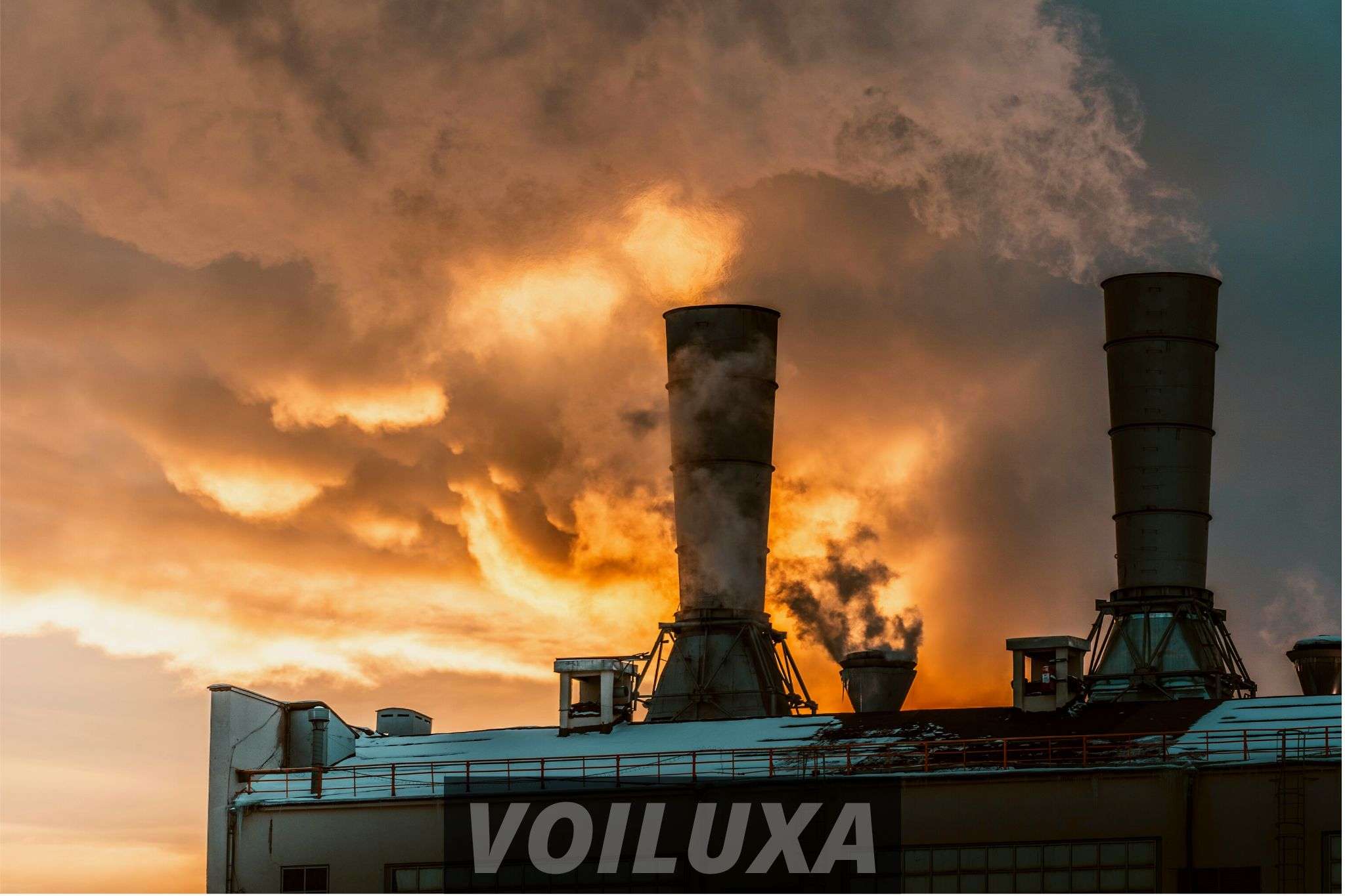Why gas is so expensive in the USA. Gas prices are hitting record highs and have no signs of slowing down, so what’s the deal? Recently, gas costs have been rising, and with high gas prices comes more talk about why gas prices are so high. There are many reasons for this price spike, but none is good news for drivers hoping to save money. The following explains why gas prices are so high and provides an outlook for how they may alter shortly.
What Are the Main Factors That Affect Gas Prices?
Several factors affect how much we pay for gasoline: taxes, cost of crude oil, refining capacity, and demand. With more than 140 million people driving to work daily, there are plenty of markets to go around—and competition between gas stations to keep prices low. The price per barrel depends on several factors, including oil reserves and political tension within countries that produce it (see Where Is Oil Produced? below). Crude oil production in 2009 averaged 83 million barrels per day, with about one-fifth coming from OPEC countries such as Iran, Saudi Arabia, and Iraq. The OPEC nations together hold three-quarters of total world crude oil reserves.
When we buy gasoline, where does our money go?
We’ve all gotten used to paying more for gasoline, but what does that money go towards? The short answer: a lot of things. First, taxes: The federal government collects 18.4 cents per gallon, and many state governments tack on their rates as well—though a few have recently reduced their excise taxes on fuel. After paying these taxes, about half of what you spend at the pump goes towards profits for refiners and gasoline station owners (yes, even if you buy your gas from a Costco). In contrast, a third goes to investors who financed those companies’ operations.

Can Government Policies Make a Difference?
Government policies can significantly impact energy prices at national and local levels. At a national level, subsidies such as tax credits and grants can influence how much it costs to develop new renewable energy technologies. State-level policies also make a difference—for example, if your state charges taxes on gasoline, that increases prices at each pump. Because many of these are fixed tariffs (meaning they don’t change with market fluctuations), local stations can be more challenging to compete against rivals outside their state lines.
Where is the most expensive gas in the USA?
If you reside in one of these ten states, you are in luck. It might be time to start looking for an apartment closer to work. A new study from GasBuddy says these are the ten most expensive places to buy gasoline: Hawaii, Alaska, Washington D.C., California, Colorado, Connecticut, Delaware, Illinois, Massachusetts, and Michigan. The study looked at state averages between December 2020 and February 2022 and found that while gas prices fluctuate daily across all 50 states (including price spikes after natural disasters like hurricanes), certain regions tend to have higher monthly averages than others do due to varying state taxes on gasoline along with other variables like local fuel-delivery costs or taxes on goods and services that can vary city by city.
Why is gas so expensive in the USA?
Why is gas so expensive in some U.S.A states? When it comes to the current high cost of gasoline and diesel fuel, the single most essential thing to bear in the brain is that there are two critical drivers of fuel prices at the pump: supply and demand. For example, when hurricanes damage oil rigs, or refineries shut down, we’re left with less oil and natural gas available. At that point, oil companies will increase prices until they see a drop-off in demand; customers then fill up their tanks less often because filling up costs more per gallon—so the market goes down even further and thus becomes part of an oil company’s short-term supply-and-demand equation.

What countries have free gas?
A handful of countries around the world provide their citizens with free or subsidized gasoline — at least for residents lucky enough to live within driving distance of where it’s available. The countries and territories include Venezuela, Iran, Kuwait, Libya, and Aruba (among others). In addition to price controls on gas, some countries also cap prices for essential goods like food and other necessities to ensure that low-income households don’t bear an undue burden from rising energy costs. Because most people aren’t aware of such generous policies or can’t take advantage of them due to residency requirements, these programs rarely make headlines outside their national borders. And there’s a good reason: They wouldn’t stay in place long if they did.
What are lawmakers proposing?
There are three main reasons why gas prices are so high today. First, due to supply issues, we’re seeing rampant speculation in oil and natural gas, inflating prices worldwide. Five companies control 75 percent of all trading on commodities exchanges—the most since 2001 (though down from 85 percent only a few years ago). So every time you fill up your car, you may be paying more than what it costs to buy crude oil on world markets; intermediaries like banks and investment firms may be taking advantage of market shortages to drive up prices further than they would otherwise be if not for their involvement.
When can consumers expect relief?
As political candidates and commentators continue to harp on high gas prices, consumers may wonder: when will I see a drop at my local pump? And why don’t I always? These questions are complicated, and what’s fueling high prices depends on where you live and how far you drive. Still, while we can’t guarantee a statewide or nationwide drop in fuel costs anytime soon, we can take a closer look at when you’ll likely see relief if you live in an area where it’s incredibly high—and explain why those places tend to experience these spikes more often than others. In short: It’s all about supply and demand—and not much else.

Conclusion
So, why is gas so expensive? There are a couple of reasons; The main reason is that oil companies have seen higher-than-expected demand for gasoline, and they have increased their prices to make up for it. Higher oil prices will also mean that future prices will go up since oil companies won’t want to lower their price and lose money after paying such high costs for drilling rights, refining services, transportation, and distribution of petroleum products. (Why olive oil is most expensive)




3 thoughts on “Why gas is so expensive in the USA”